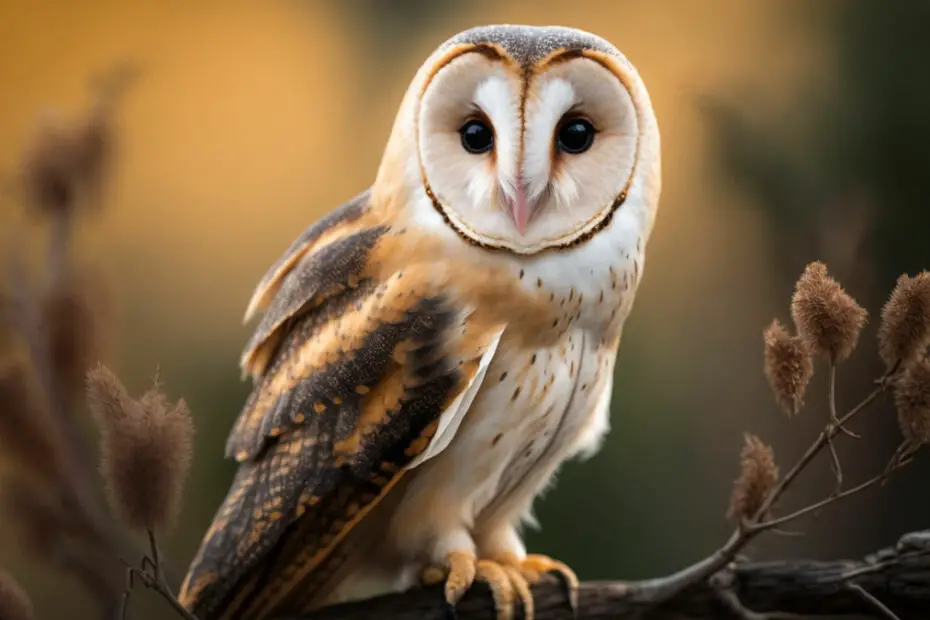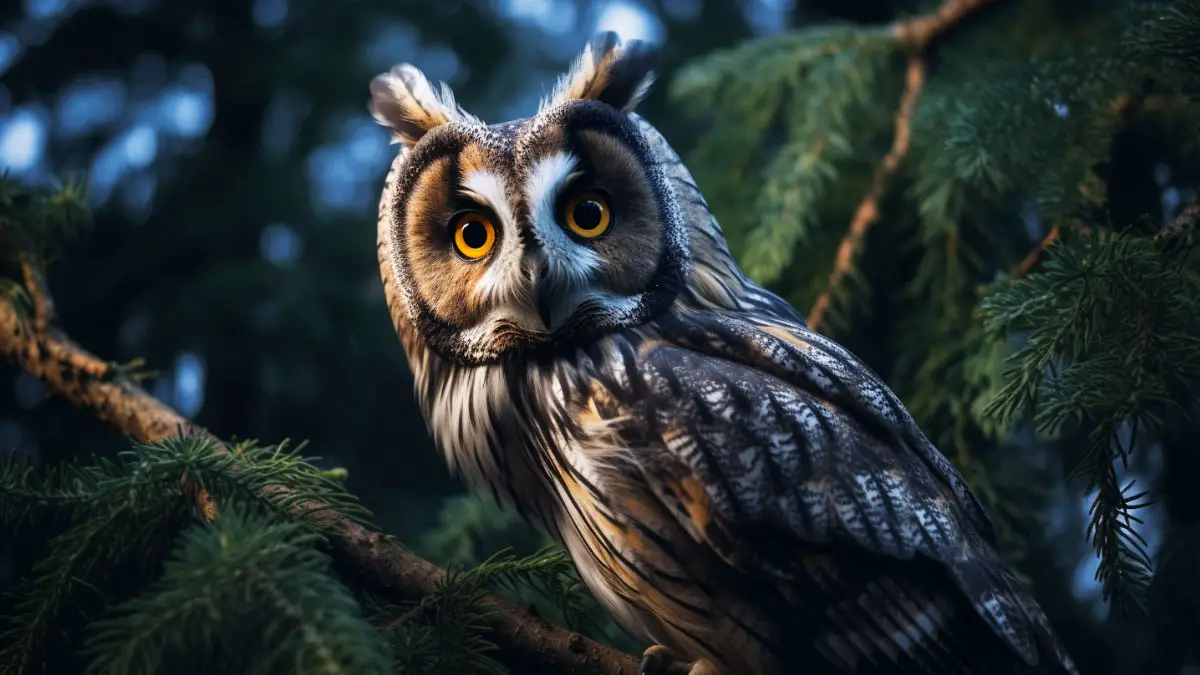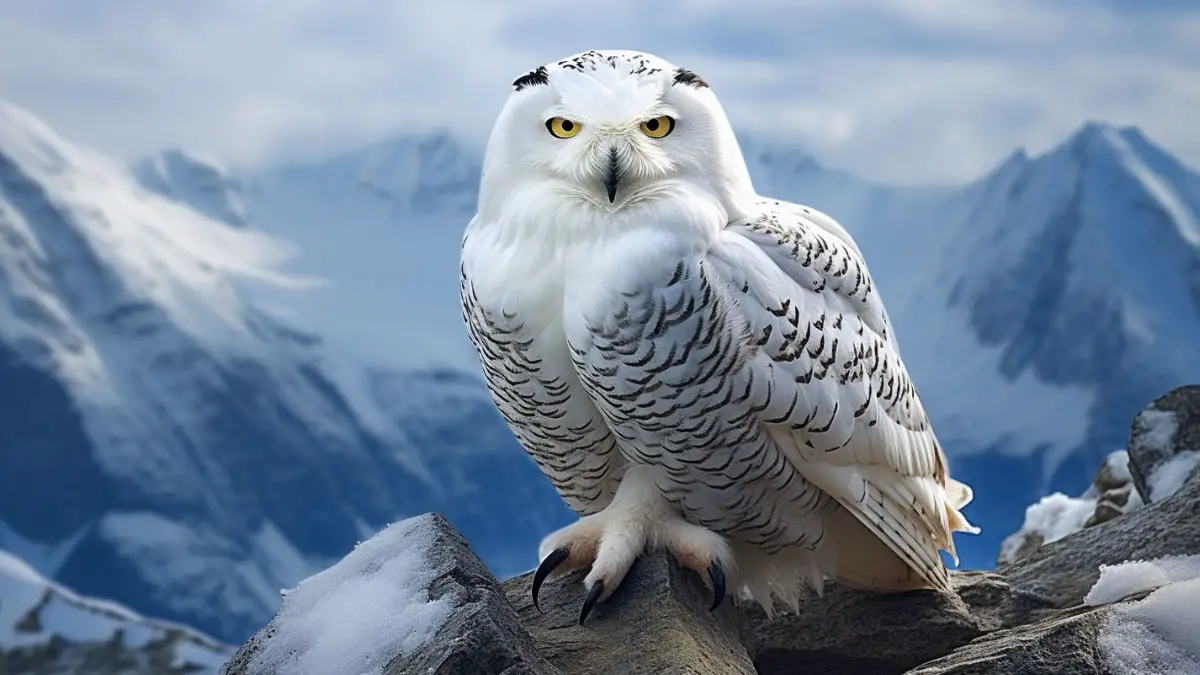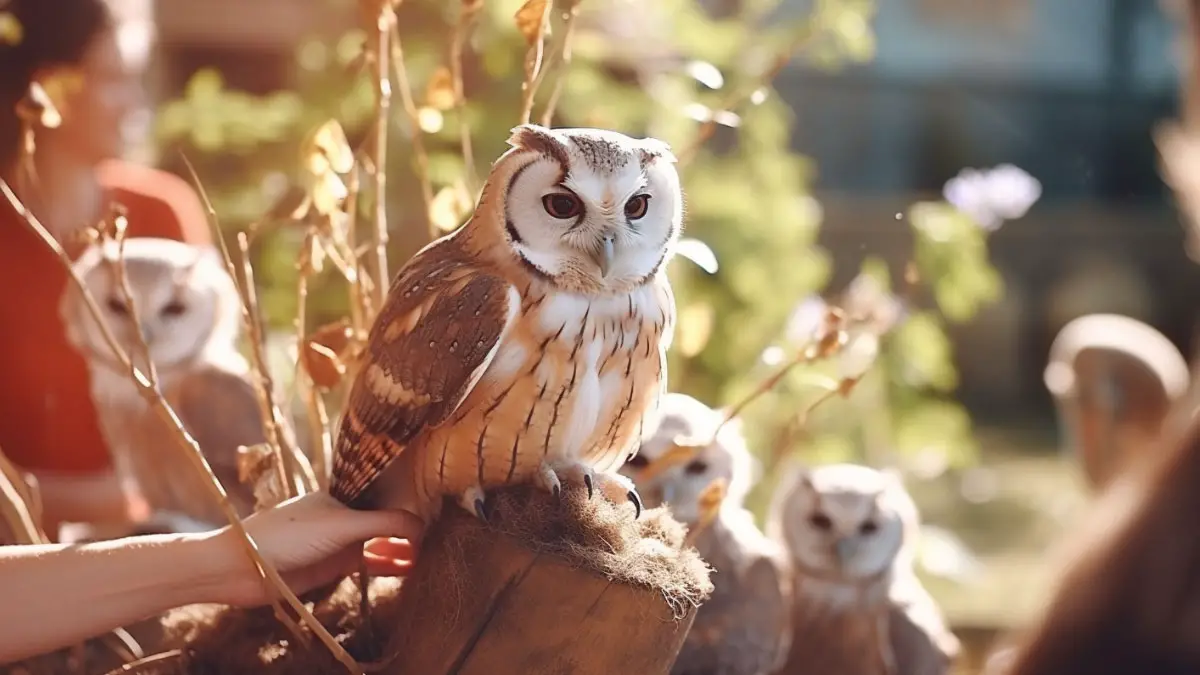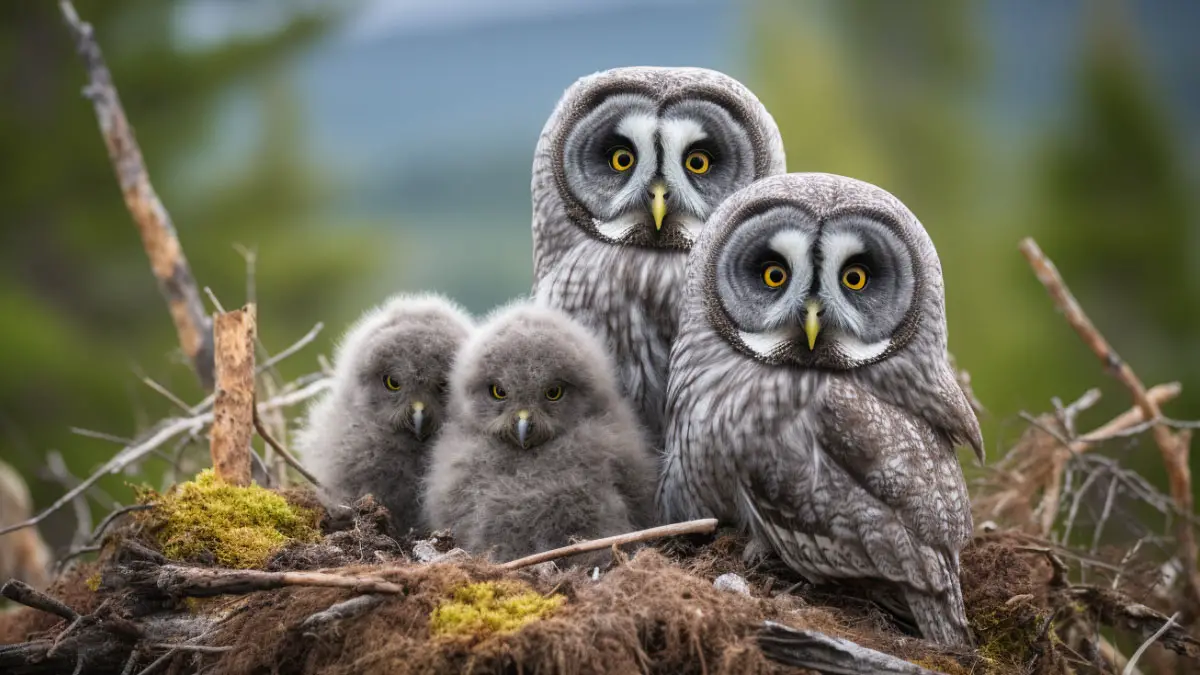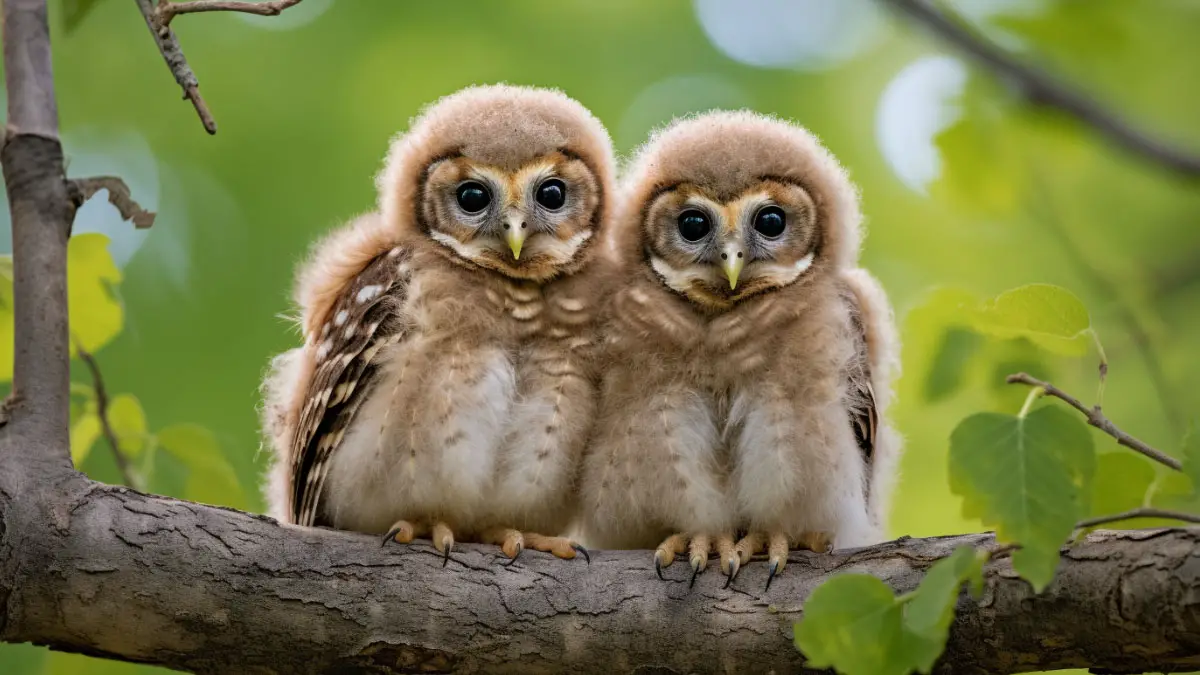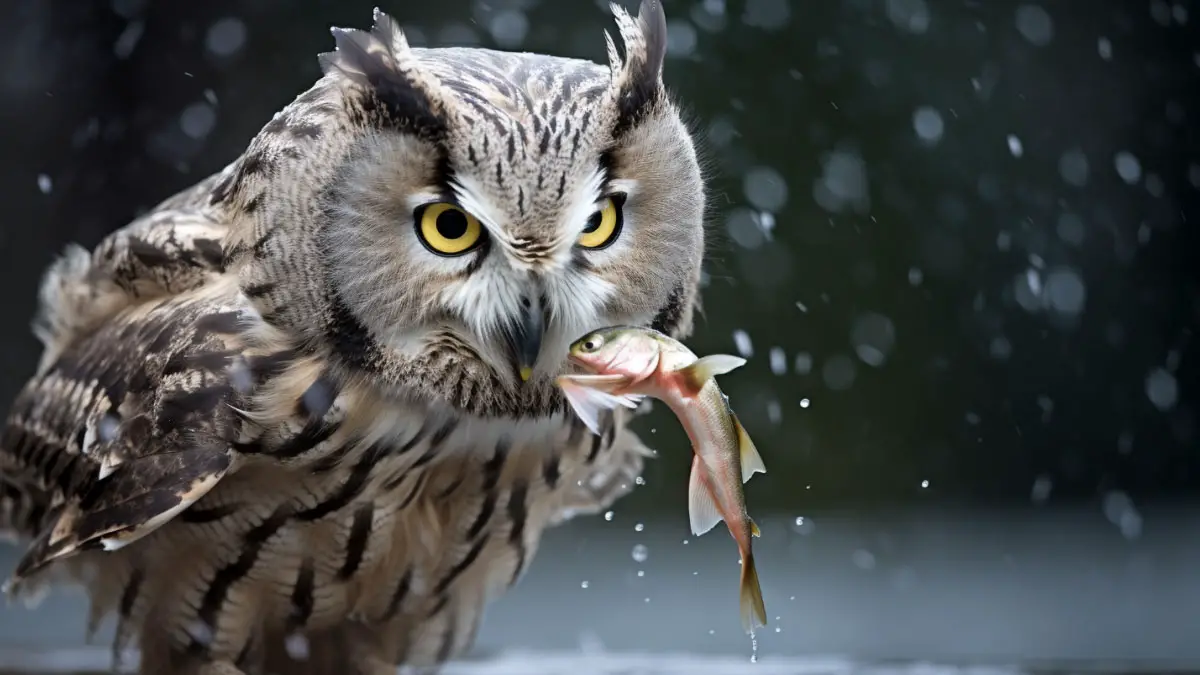When it comes to an understanding the lifespan of owls, it is important to consider both the species and the environment in which they live. While some species of owls may live longer in captivity as pets, others may have longer lifespans in the wild.
So, how long do owls live? In general, owls in the wild tend to live shorter than those kept as pets. It depends on the species of owls in general. As per records, the average lifespan of an owl can be 5 to 12 years in the wild and it can live even longer in captivity.
Living longevity depends on many things. We will explore the lifespan of various types of owls, both in the wild and as pets. It will help provide a comprehensive understanding of these fascinating birds as well as try to find out the other facts.
How Long Do Owls Live?
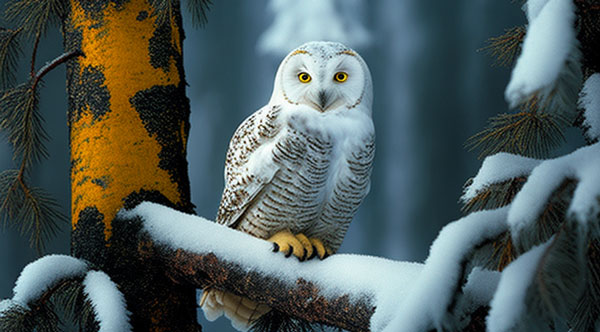
First, let’s make a quick list of which owls have a longer life span and which owls have a shorter life span.
| Owls | Wild Lifespan | Pet Lifespan |
| Snowy Owl | 10 years | Up to 30 years |
| Great Horned Owl | 13 years | Up to 28 years |
| Barn Owl | 4 years | 20 years and above |
| Barred Owl | 5 – 10 years | 5 – 15 yearsgreat horned owl |
| Others | 10 years | 10 – 15 years |
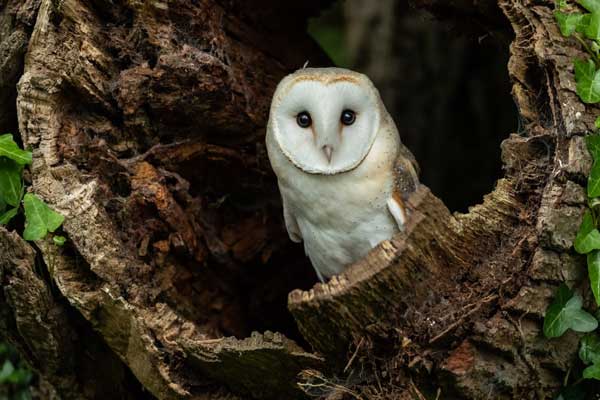
Two important things you have to keep in mind.
Note 1: These are general estimates and may vary depending on specific conditions and factors for wild owls.
Note 2: The lifespan of owls as pets varies depending on the species and the level of care they get. Before selecting to maintain a given species as a pet, it is essential to understand its individual demands and lifetime.
What is the longest Lifespan of an Owl?
In summary, the longest-lived species of owl is the snowy owl, which can live up to 28 years in captivity. The most aged Great horned owls, on the other hand, typically live for around 13 years in the wild, and can more than 20 years in captivity. Some owls may live up to 30 years if they receive good care.
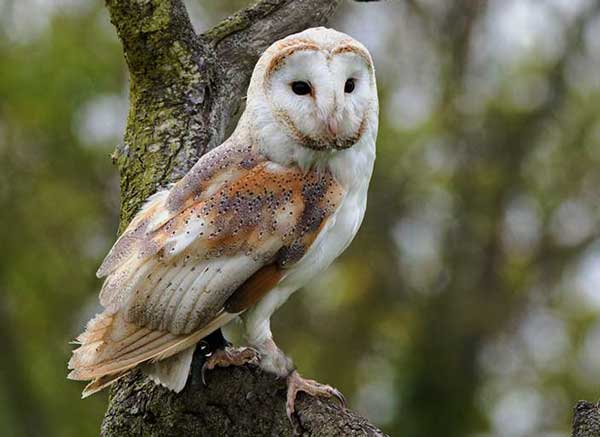
So, considering longevity, owls have quite a long lifespan both as a pet and in the wild. But if taken as pets, they need proper caring to survive longer than wild.
How Long Do Owls Live in the Wild?
Some common factors that can influence an owl’s lifespan in the wild to include the availability of food, predation by other animals, and environmental hazards such as extreme weather conditions.
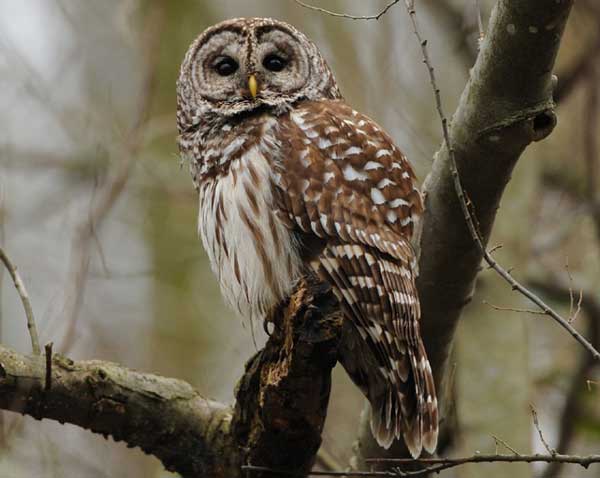
Now let’s explore some particular species of owl and their lifespan.
How Long Do Snowy Owls Live?
Snowy owls have the longest longevity of any owl species, living for an average of 20 years in the wild. These birds are endemic to North America and Europe’s Arctic regions, where they have evolved to survive in extremely low weather. They have an insulating coating of feathers and can endure temperatures as low as -50°C. Snowy owls are also good hunters with diversified diets, which can help them live longer.
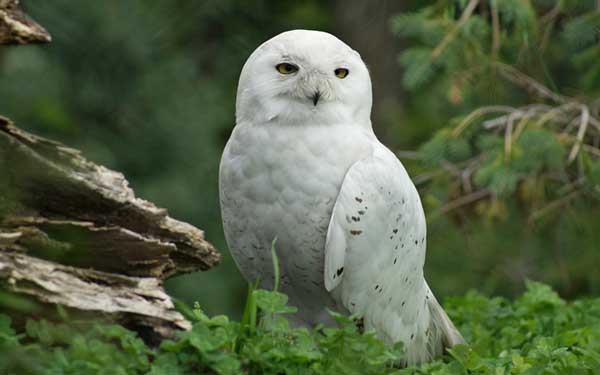
How Long Do Great Horned Owls Live?
Great horned owls are another species that lives a long time, with an average lifetime of roughly 15 years in the wild. These owls may live in a range of environments, including woods, grasslands, and urban areas, and can be found across North and South America. Great horned owls are adept hunters with a varied diet, which can help them live longer.
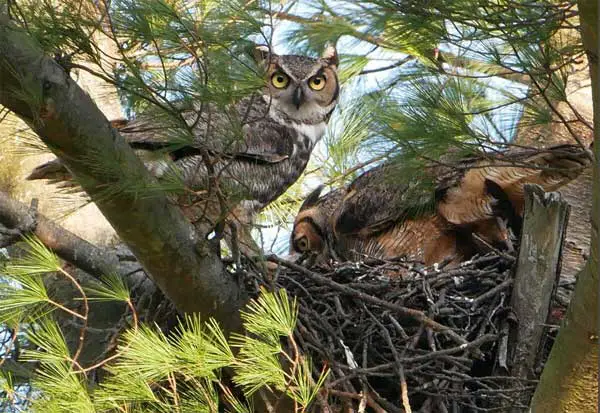
Other Types of Owls
There are many other species of owls that have varying lifespans in the wild. For example, barn owls typically live for around 5-7 years in the wild, while barred owls have an average lifespan of around 10 years. The specific lifespan of an owl species can also be influenced by the availability of food and the presence of predators in their environment.
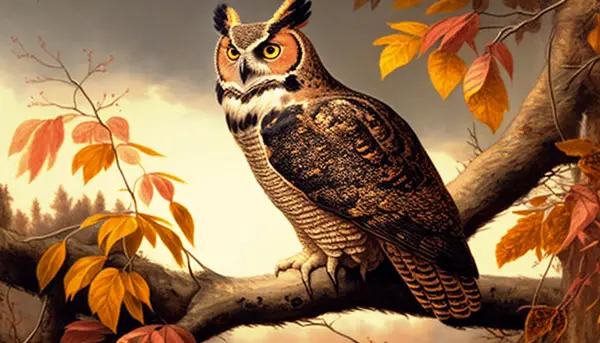
So, if we total up the complete wildlife lifespan of owls, we may conclude that they can live up to ten years on average. Because they may live freely and eat whatever they choose, some owls may live longer in the wild than pets.
How Old Do Owls Live as Pets?
Owls may make intriguing and distinctive pets. But while selecting whether or not to keep one as a pet, it is crucial to consider their longevity. Because of the differences in environment and care, owls maintained as pets may have shorter lifespans than those found in the wild.
The longevity of an owl as a pet will vary depending on the species and the level of care provided. Because of the differences in nutrition and living conditions, some owls, such as snowy owls and great-horned owls, may have shorter lifespans in captivity.
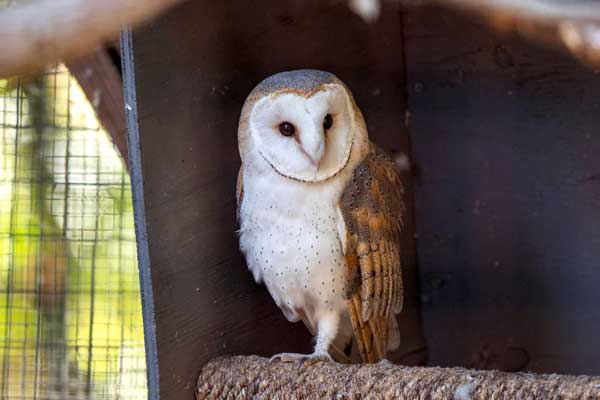
Owls maintained as pets can live up to 28 years, with some lasting longer or shorter depending on their care. But it requires proper care for that
Pet Owls Lifespan: Risk Factor Analysis
Several risks can impact the lifespan of pet owls, and it is important to be aware of these risks to give your owl the best possible care and ensure a longer lifespan. Some of the main risks to consider include:
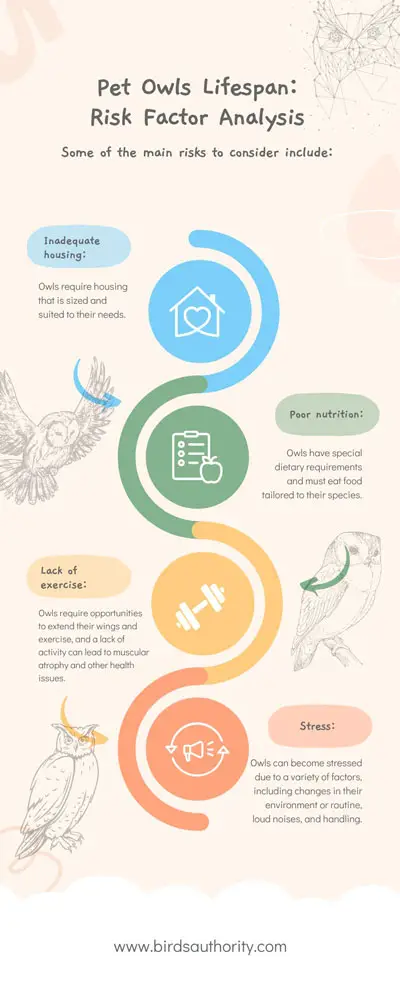
Inadequate housing:
Owls require housing that is sized and suited to their needs. A cage that is too tiny or does not provide adequate ventilation might result in health issues and a reduced owl’s life expectancy. It is crucial to offer a roomy and well-ventilated cage that fulfills your owl’s demands.
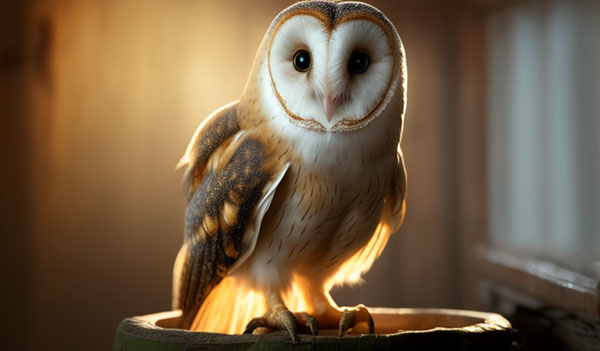
Poor nutrition:
Owls have special dietary requirements and must eat food tailored to their species. A diet that is overly heavy in protein or fat can contribute to health concerns, as can a diet that is too lacking in nutrients. It is critical to research your owl species’ individual nutritional demands and prepare a balanced food that satisfies these needs.
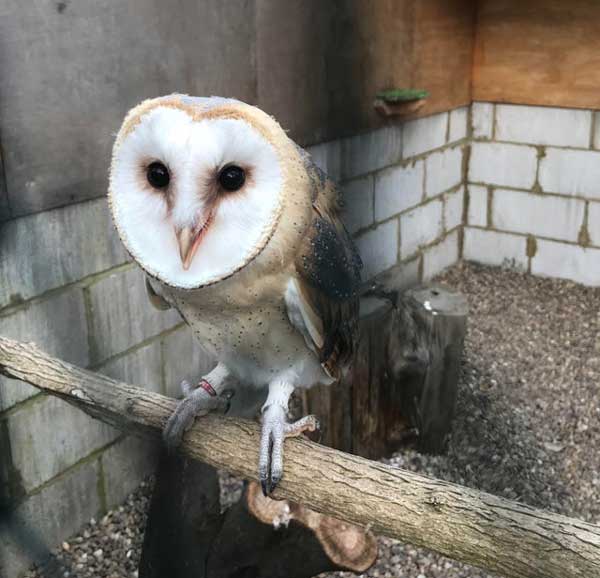
Lack of exercise:
Owls require opportunities to extend their wings and exercise, and a lack of activity can lead to muscular atrophy and other health issues. It is important to give your owl regular opportunity to fly and exercise.
Stress:
Owls can become stressed due to a variety of factors, including changes in their environment or routine, loud noises, and handling. Chronic stress can have a negative impact on an owl’s health and lifespan. It is important to minimize stress as much as possible and provide a calm and consistent environment for your owl.
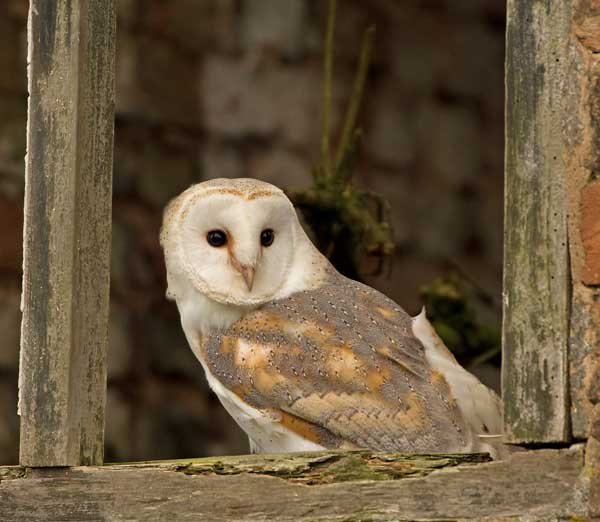
Overall, if you can avoid these risk factors, you might be able to give your pet owl more days that an owl’s life expectancy in general.
FAQ
In this section, we’ll try to answer some of the most frequently asked questions as fast as possible. Do you have any further questions concerning the life expectancy of owls? Visit our commonly asked questions page. Your replies are listed below.
It is recommended to avoid feeding live prey to owls, as this can pose a risk of injury to both the prey and the owl. Although Some species of owls may require live prey as part of their diet to increase their lifespan.
Owls are wild animals and should not be kept as companions for other pets. They may not be compatible with other pets, and they may pose a risk to smaller animals due to their predatory nature.
The oldest recorded lifespan of an owl in the wild is 30 years, which is a Great Horned Owl.
Conclusion
In conclusion, owl’s life expectancy can vary significantly depending on the species and the environment in which they live. Owls in the wild often have more temporary lives than those raised as pets. Snowy owls and great horned owls, for example, can live for 20 years or more as pets.
Although it is stated that owls are not pets, it is nevertheless vital to consider a species’ specific needs and lifetime when considering the decision to keep an owl as a pet. To help your pet owl live a longer and healthier life, make sure you provide them with sufficient nourishment, sociability, shelter, exercise, and a stress-free environment.
